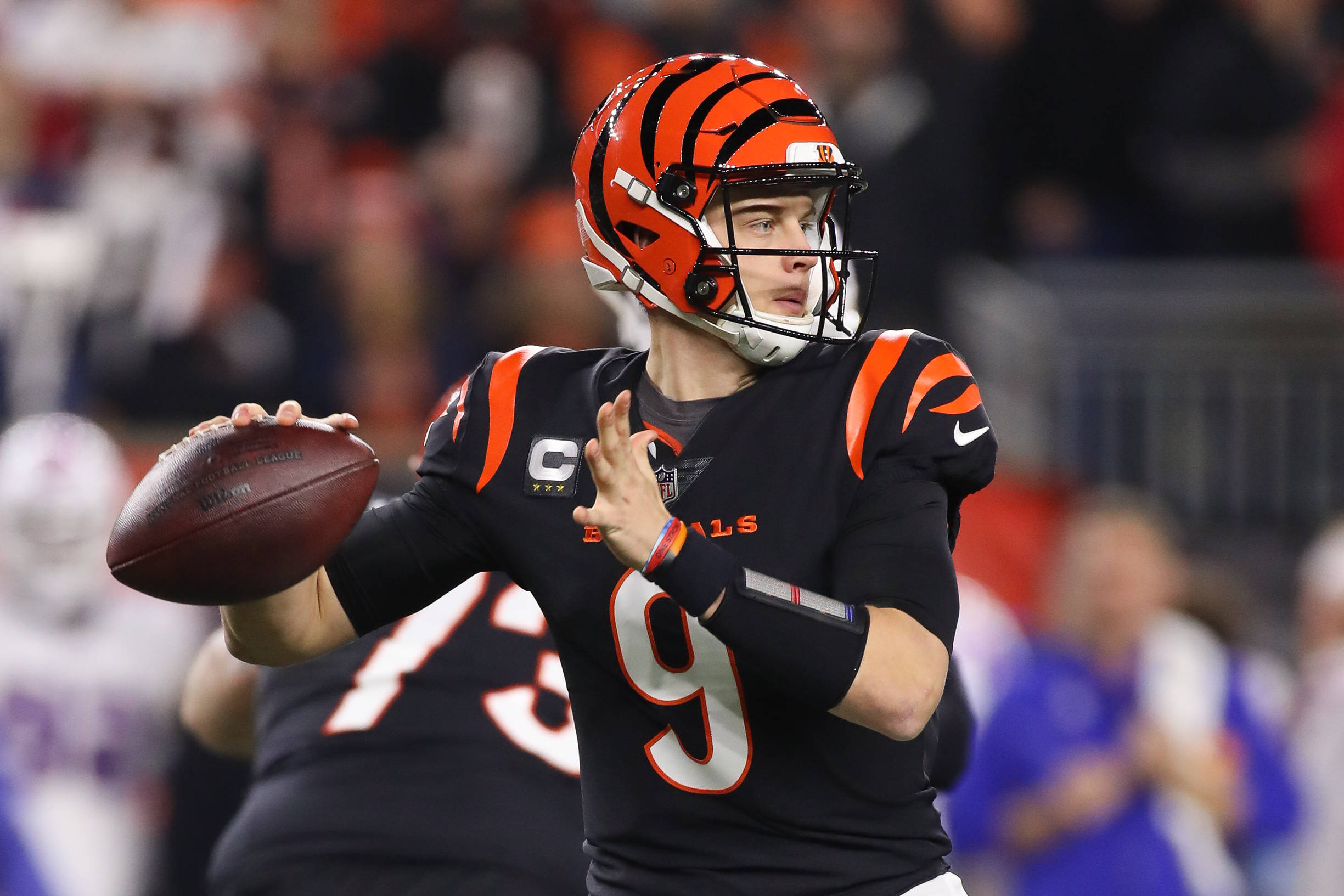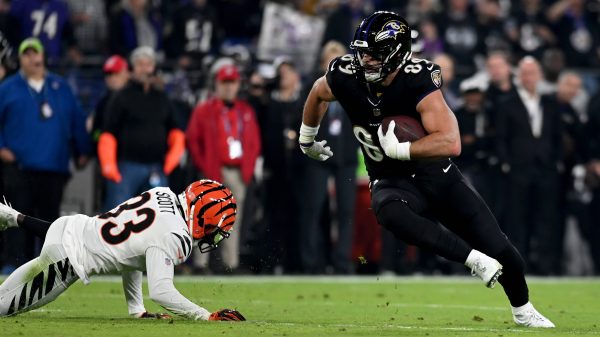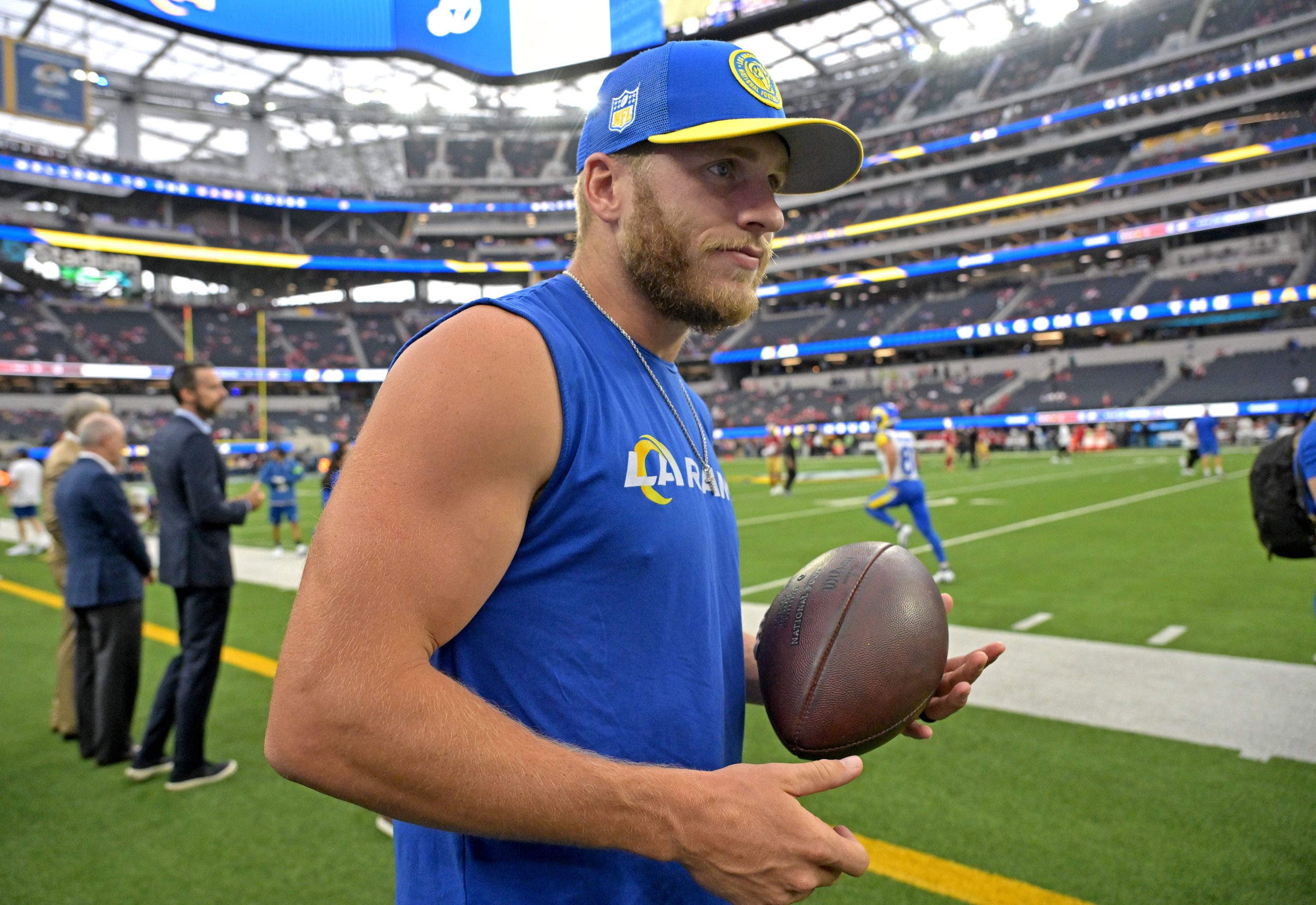The COVID-19 pandemic has had a significant impact on various industries around the world, and the National Football League (NFL) is no exception. The 2020 NFL season faced unprecedented challenges due to the ongoing pandemic, forcing the league to make numerous adjustments to ensure the safety of players, staff, and fans. It is important to discuss these challenges and adjustments made during the season to understand the resilience and adaptability of the NFL in the face of adversity.
The Challenges of Scheduling During a Pandemic
Scheduling games during a pandemic presented numerous challenges for the NFL. One of the main difficulties was dealing with travel restrictions imposed by various states and cities. With different regions having different regulations and guidelines, it became challenging to coordinate travel arrangements for teams. Additionally, player safety was a top priority, which meant that teams had to consider factors such as exposure risks and potential outbreaks when scheduling games.
Another challenge was the uncertainty surrounding the virus itself. The NFL had to constantly monitor the situation and adapt its schedule accordingly. This meant that games could be postponed or canceled at any moment if there was a potential outbreak within a team or if players tested positive for COVID-19. This uncertainty made it difficult to plan ahead and caused disruptions throughout the season.
How the NFL Adjusted the 2020 Season Schedule
To navigate the challenges posed by the pandemic, the NFL made several adjustments to the 2020 season schedule. One significant change was the elimination of preseason games. This decision was made to limit unnecessary travel and reduce the risk of exposure for players and staff. While preseason games are typically used to evaluate players and prepare for the regular season, their elimination allowed for a more streamlined schedule.
The addition of bye weeks was another adjustment made by the NFL. By incorporating more bye weeks into the schedule, teams had additional time to recover from potential outbreaks or rescheduled games. This flexibility allowed for greater adaptability and reduced the risk of teams having to play multiple games in a short period of time.
Furthermore, the NFL implemented a flexible schedule to accommodate potential postponements. This meant that games could be rescheduled to different days or even weeks if necessary. The league worked closely with teams and local authorities to ensure that games could be played in a safe and controlled environment. This flexibility was crucial in navigating the uncertainties of the pandemic and ensuring that the season could continue.
The Role of Testing and Contact Tracing in Keeping Players Safe
Testing and contact tracing played a vital role in keeping players and staff safe during the 2020 NFL season. The league implemented rigorous testing protocols, requiring players and staff to undergo regular COVID-19 testing. This allowed for early detection of positive cases and helped prevent the spread of the virus within teams.
Contact tracing was also an essential tool in identifying potential exposures and preventing outbreaks. When a player or staff member tested positive, contact tracers would identify individuals who had close contact with the infected person. These individuals would then be isolated or quarantined to prevent further spread of the virus.
The NFL’s testing and contact tracing protocols were successful in minimizing the impact of COVID-19 on the league. While there were cases throughout the season, swift action and strict adherence to protocols helped prevent widespread outbreaks and allowed games to continue.
The Impact of COVID-19 on Team Rosters and Game Performance
COVID-19 had a significant impact on team rosters and game performance throughout the 2020 NFL season. Positive cases among players and staff led to individuals being placed on the COVID-19 reserve list, which meant they were unable to participate in games until they were cleared. This resulted in teams having to adjust their lineups and game plans on short notice.
The absence of key players due to COVID-19 had a direct impact on game performance. Teams had to rely on backups and practice squad players to fill in, which often led to a decrease in overall performance. Additionally, the lack of practice time and disrupted schedules made it difficult for teams to develop chemistry and execute their game plans effectively.
However, teams adapted to these challenges and found ways to overcome them. Coaches and players had to be flexible and adjust their strategies based on the available personnel. This required creative thinking and the ability to make quick decisions. Despite the challenges, teams were able to compete at a high level and provide entertaining football for fans.
How the NFL Handled Postponements and Cancellations
Throughout the 2020 season, the NFL had to navigate numerous postponed and canceled games due to COVID-19 outbreaks. The league had established protocols for handling these situations, which included rescheduling games to later dates or even weeks. The decision to postpone or cancel a game was made based on the number of positive cases within a team and the potential risk of further spread.
The handling of postponed and canceled games was not without controversy. Some teams felt that they were unfairly treated, while others believed that the league did not do enough to ensure player safety. The NFL faced criticism for its handling of certain situations, but overall, it worked diligently to make decisions that prioritized the health and safety of everyone involved.
The Financial Implications of COVID-19 on the NFL
The COVID-19 pandemic had significant financial implications for the NFL. With limited or no attendance at games for most of the season, teams faced a substantial loss in revenue from ticket sales, concessions, and merchandise. Additionally, the cancellation of preseason games meant a loss in revenue from those events as well.
To mitigate these financial losses, the NFL had to find alternative sources of revenue. This included exploring new sponsorship opportunities, increasing digital advertising, and expanding merchandise sales online. The league also renegotiated television contracts to ensure a steady stream of income.
Teams also had to make adjustments to their budgets and operations. Many organizations had to reduce staff and implement cost-cutting measures to offset the financial impact of the pandemic. Despite these challenges, the NFL and its teams were able to weather the storm and continue operating.
The Future of NFL Scheduling in a Post-Pandemic World
The COVID-19 pandemic has forced the NFL to reevaluate its scheduling practices, and some of these changes may have long-term implications. The elimination of preseason games, for example, may lead the league to reconsider the necessity of these exhibitions in future seasons. The addition of more bye weeks could also be a consideration to allow for greater flexibility in scheduling.
Furthermore, the NFL may continue to implement a flexible schedule to accommodate potential disruptions. This approach proved successful during the 2020 season and could be a valuable tool in navigating future challenges. The league may also continue to prioritize player safety and implement stricter testing and contact tracing protocols.
The pandemic has also accelerated the adoption of digital technologies within the NFL. Virtual meetings, remote training sessions, and digital ticketing became more prevalent during the 2020 season. These changes may continue in a post-pandemic world as teams and the league embrace technology to enhance fan engagement and streamline operations.
Lessons Learned from the 2020 NFL Season
The 2020 NFL season provided valuable lessons for the league moving forward. One key takeaway is the importance of adaptability and flexibility. The ability to adjust schedules, lineups, and game plans on short notice proved crucial in navigating the challenges posed by COVID-19. This adaptability will likely be a key factor in future seasons as well.
Another lesson learned is the significance of player safety and health. The protocols implemented by the NFL were successful in preventing widespread outbreaks and ensuring that games could be played safely. Moving forward, the league will likely continue to prioritize player safety and implement measures to mitigate the risk of infectious diseases.
Lastly, the pandemic highlighted the resilience and determination of the NFL and its teams. Despite the numerous challenges faced throughout the season, the league was able to adapt and provide fans with an entertaining product. This resilience will undoubtedly serve the NFL well in the future as it continues to navigate uncertain times.
The NFL’s Resilience in the Face of COVID-19
The 2020 NFL season was unlike any other in history, with the COVID-19 pandemic presenting unprecedented challenges. However, the league demonstrated remarkable resilience and adaptability in navigating these obstacles. From adjusting the schedule to implementing rigorous testing protocols, the NFL prioritized player safety while still providing fans with an exciting season of football.
The lessons learned from the 2020 season will undoubtedly shape the future of the NFL. The league will likely continue to prioritize player safety and explore new scheduling practices that allow for greater flexibility. The pandemic has accelerated the adoption of digital technologies, which may have a lasting impact on how teams and the league operate.
Overall, the 2020 NFL season showcased the strength and determination of the league in the face of adversity. The challenges posed by COVID-19 were significant, but the NFL’s ability to adapt and provide fans with a safe and entertaining product is a testament to its resilience. As we move forward into a post-pandemic world, the lessons learned from this season will undoubtedly shape the future of football.
Check out this article on FootballR.news about Gardner Minshew starting for the Eagles due to Jalen Hurts’ injury. It’s an interesting development in the NFL and could have a significant impact on the team’s performance. Read more here.
FAQs
What is the NFL?
The NFL (National Football League) is a professional American football league consisting of 32 teams, divided equally between the National Football Conference (NFC) and the American Football Conference (AFC).
What is the NFL season?
The NFL season typically runs from September to December, with playoffs and the Super Bowl taking place in January and February.
What is the NFL draft?
The NFL draft is an annual event where teams select eligible college football players to join their team. The draft consists of seven rounds, with the order of selection determined by the previous season’s standings.
What is the Super Bowl?
The Super Bowl is the championship game of the NFL, played annually in February. The game features the winners of the AFC and NFC conferences, and is one of the most-watched television events in the United States.
What are some popular NFL teams?
Some popular NFL teams include the Dallas Cowboys, New England Patriots, Green Bay Packers, Pittsburgh Steelers, and San Francisco 49ers.
What is the NFL salary cap?
The NFL salary cap is a limit on the amount of money that teams can spend on player salaries. The cap is determined by the league and is adjusted each year based on revenue. In 2021, the salary cap is $182.5 million per team.











































































































































































Recent Comments